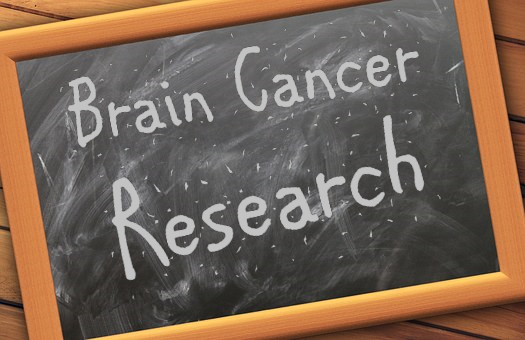Brain Cancer Research-2004 Mar
In 2004, this studty exaimened Antitumor Effects of Cannabidiol, a Nonpsychoactive Cannabinoid, on Brain tumors Human Glioma Cell Lines. Utilizing human glioma cells. BACKGROUND: in a final set of experiments we evaluated the ability of in vivo CBD to reduce tumor growth. You can read the full article here => http://jpet.aspetjournals.org/content/308/3/838.long

